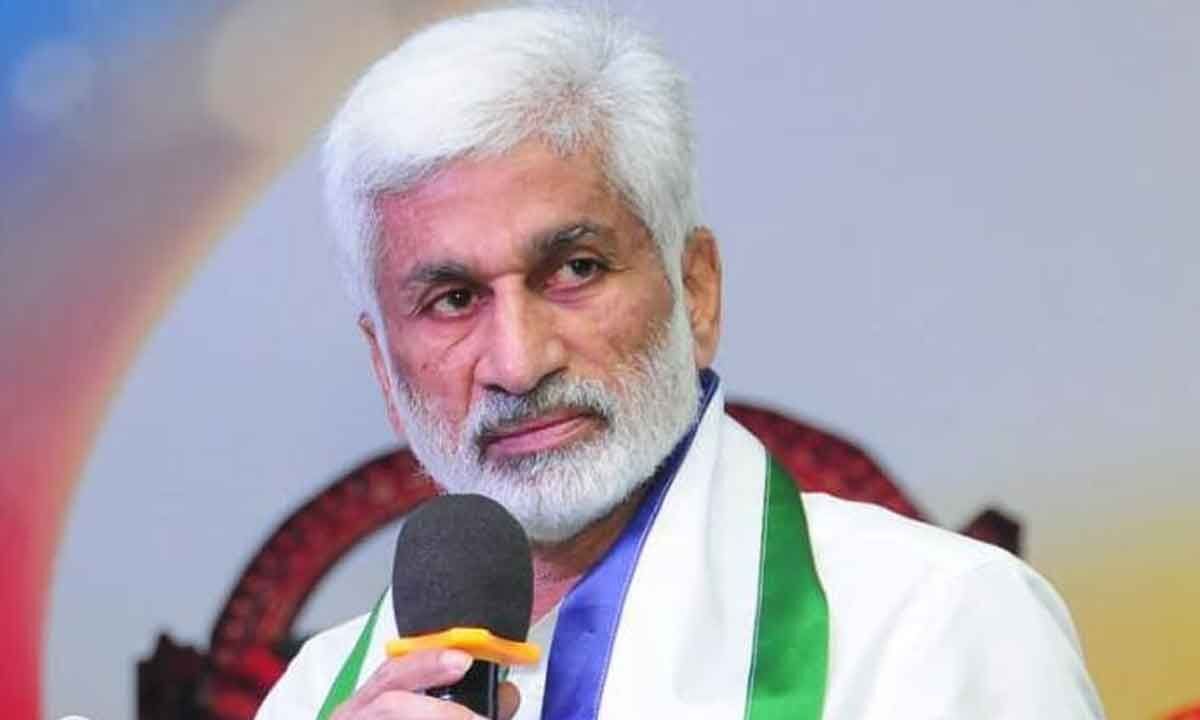Vijayasai expresses concern over rise in cybercrimes in rural areas
Update: 2023-07-22 08:31 IST
Vijayawada: Union Minister of Electronics and Information Technology Ashwini Vaishnaw said that State governments are responsible for the prevention, investigation of cyber crimes through police departments including in training the police personnel and upgrading their technical knowhow to investigate and crack such crimes.
Replying to a question raised by YSRCP MP V Vijayasai Reddy in Rajya Sabha on Friday on increasing cyber crimes in rural India and cyber attackers targeting rural population with less awareness, the Union Minister said a toll free number 1930 was set up by the Central government.
He said a Cyber Crime Coordination Centre under the Ministry of Home Affairs has been designated as the nodal point in the fight against cyber crime. In addition CY Train portal was developed by Cyber Coordination centre for the capacity building of police officers.
The Union Minister said Cyber Swachhta Kendra-Botnet cleaning and Malware analysis centre operated by Indian Computer Emergency Response Team (CERT-In) has been established. The centre works in coordination and collaboration with Internet service providers, academia and Industry.
The centre facilitates detection of malicious programmes and free tools to remove the same for common users.



